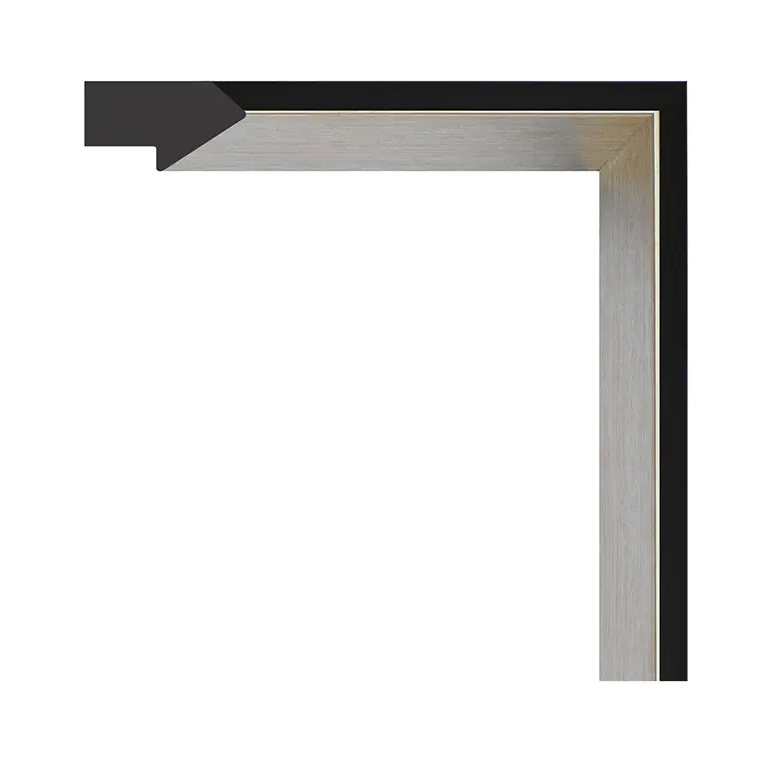Sustainability has become a cornerstone of modern manufacturing and consumption practices, with the recycling potential of materials playing a pivotal role in determining their environmental footprint. PS Framing Moulding, as a material used extensively in the framing industry, is under scrutiny for its recyclability and overall sustainability. This article delves into the recycling capabilities of PS Framing Moulding and evaluates its compliance with the principles of sustainable development.
The framing industry is constantly evolving, with a shift towards materials that are not only cost-effective and visually appealing but also environmentally responsible. PS Framing Moulding, made from polystyrene, is one such material that has gained popularity for its lightweight properties and ease of use. However, the question of whether PS Framing Moulding can be effectively recycled and whether it meets the criteria for sustainable development is of paramount importance.
Recycling is a fundamental aspect of sustainability, as it reduces the amount of waste sent to landfills and conserves natural resources by reusing materials. PS Framing Moulding, being a thermoplastic, is technically recyclable. It can be melted down and reformed into new products, which is a significant advantage over materials that cannot be repurposed. However, the practicality of recycling PS Framing Moulding depends on various factors, including collection systems, the cost of recycling, and the availability of markets for recycled products.
One of the challenges faced by PS Framing Moulding in terms of recycling is the presence of contaminants such as adhesives, paints, and other materials that may be used in the framing process. These contaminants can complicate the recycling process and reduce the quality of the recycled material. Therefore, proper waste segregation and pre-treatment are essential to enhance the recyclability of PS Framing Moulding.
Another factor to consider is the energy consumption involved in recycling PS Framing Moulding. While recycling generally consumes less energy than producing new materials from virgin resources, the process of recycling PS can still have an environmental impact. It is crucial to weigh the energy savings against the energy used in the recycling process to determine the net environmental benefit.
The market for recycled PS Framing Moulding is also a significant factor in its sustainability. There must be a demand for recycled products to make the recycling process economically viable. Currently, recycled polystyrene is used in various applications, such as insulation, packaging, and even in the production of new framing materials. However, the demand for recycled products fluctuates with market conditions and can be influenced by consumer preferences and regulations.
In conclusion, PS Framing Moulding has the potential to be a sustainable material if it is managed correctly through its life cycle. Its recyclability is a strong point in its favor, but the challenges of contaminant removal, energy consumption in recycling, and market demand for recycled products must be addressed. By improving collection systems, developing more efficient recycling technologies, and fostering markets for recycled products, PS Framing Moulding can contribute positively to the circular economy and align with the goals of sustainable development.
Product Type: High Rabbet Molding
Use: Picture
Frame Material: PS
Width: 2cm
Height: 3.1cm
Robbet: 2.4cm
Length: 3m
